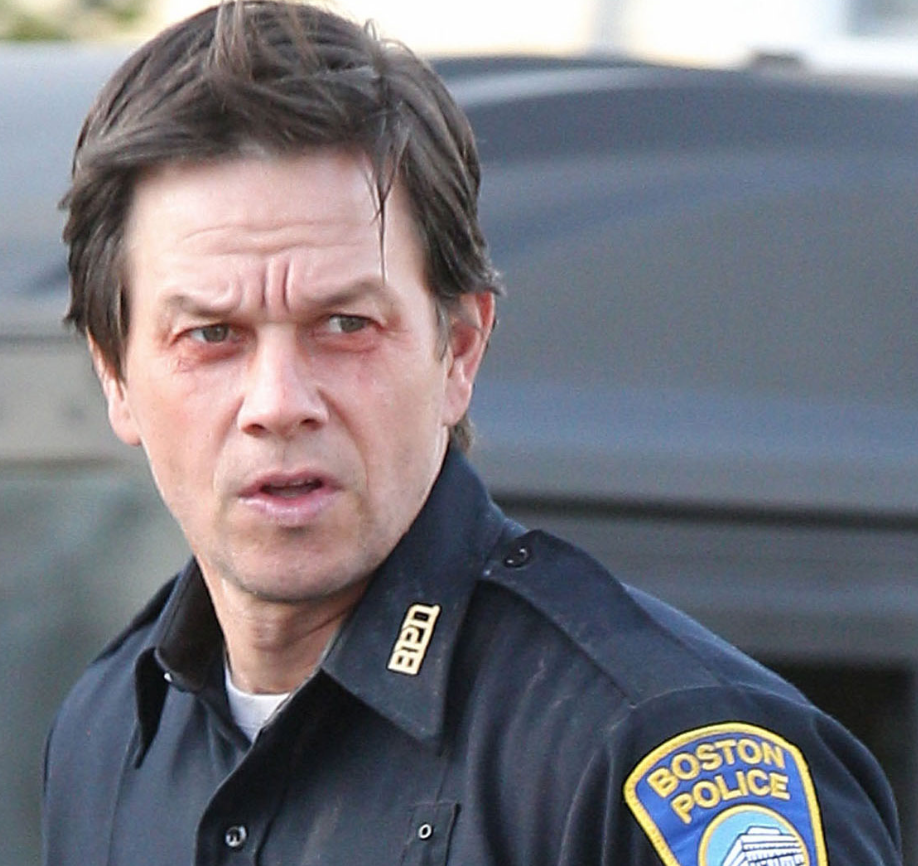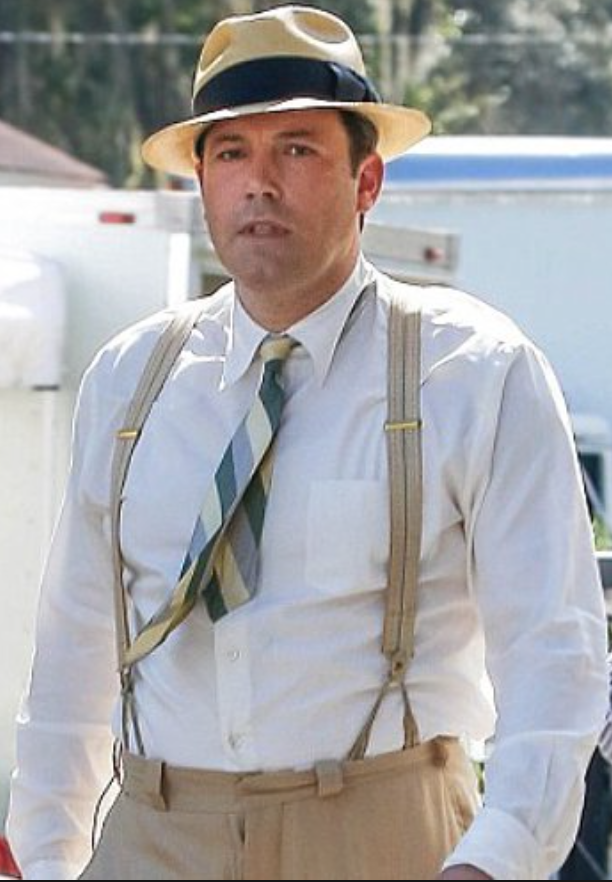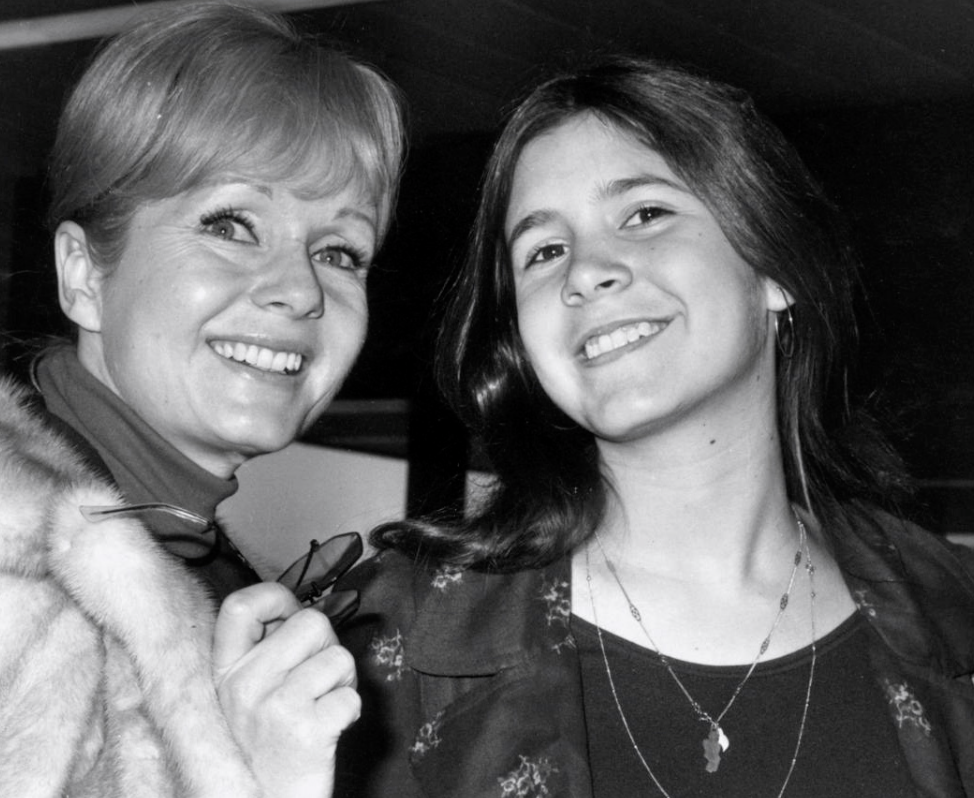 I’ve been trying to figure out why I love “Patriots Day” so much. Though I moved to New York City from Greater Boston decades ago, it’s a fact that you can take the girl out of Massachusetts, but you can’t take the Massachusetts out of a girl. And “Patriots Day,” Peter Berg’s adaptation of the book Boston Strong by Casey Sherman and Dave Wedge about the 2013 Boston Marathon bombing, is one of the most Massachusetts-proud movies ever made. But I also love this docu-drama because it has enough heart and brains to help heal its audience.
I’ve been trying to figure out why I love “Patriots Day” so much. Though I moved to New York City from Greater Boston decades ago, it’s a fact that you can take the girl out of Massachusetts, but you can’t take the Massachusetts out of a girl. And “Patriots Day,” Peter Berg’s adaptation of the book Boston Strong by Casey Sherman and Dave Wedge about the 2013 Boston Marathon bombing, is one of the most Massachusetts-proud movies ever made. But I also love this docu-drama because it has enough heart and brains to help heal its audience.
The United States always has had a hard time navigating tragedy. Perhaps this is because, in the grand scale of world civilizations, we are a very young nation. When it comes to boundless optimism, this often works to our advantage. Even today, Americans tend to believe that a good attitude and persistence can change the most direst of circumstances. It is the backbone of our founding story – how we scrappy mavericks defeated the Brits – and certainly the classic Hollywood premise. But the downside of our youthfulness is a widespread, culturally reinforced immaturity. This translates into an immunity to critical thought and an inability to process complex emotions. So when confronted with trauma, we are uniquely ill-equipped to grieve without resorting to finger-pointing or dissociation. To the degree that we address our pain, we do so through the arts – especially film and television, which, even more than sports, is our common denominator. Continue Reading →


